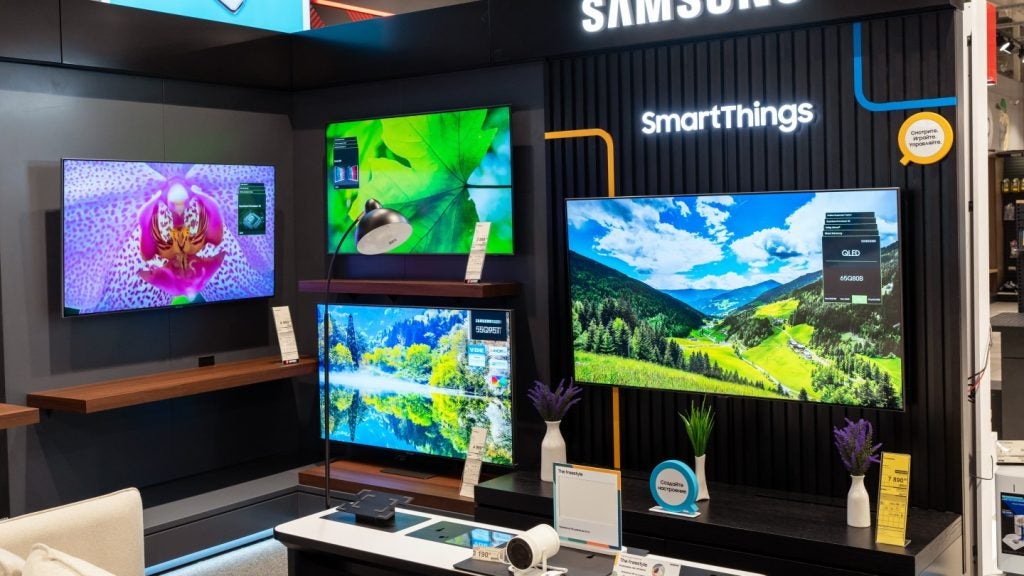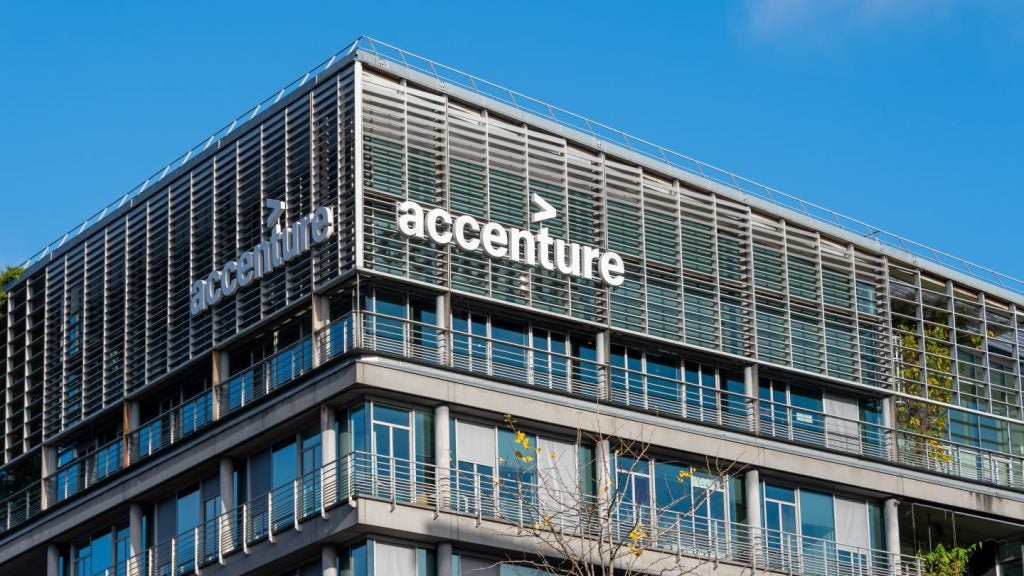
Nabil Bukhari is the CTO of Extreme Networks, a company that designs, develops, and manufactures network infrastructure equipment and software.
Founded in 1996, the San Jose, California based company leverages artificial intelligence, machine learning, analytics and automation for the 50,000 customers using its cloud-driven networking solutions.
In this Q&A, the 34th in our weekly series, Bukhari explains why the cloud “isn’t yesterday’s news”, reveals why he’s excited for Wi-Fi 6E and warns of the dangers of technology overload.
Rob Scammell: Tell us a bit about yourself – how did you end up in your current role?
Nabil Bukhari: I have always been intrigued by how technology can have a positive impact on society. In particular, how it can be transformative for businesses to be able to survive and thrive. With networking offering the ability to be agile, flexible and secure – which is often the core of business success – it felt natural to step into this sector. And, I’ve been in it for over 20 years now in various capacities including sales and engineering.
I came to Extreme Networks in 2017 as part of the Brocade acquisition, starting as the senior vice president of products. My passion for cutting-edge technologies like machine learning (ML) and artificial intelligence (AI) and my belief in the democratisation of technology has brought me to my role today as Extreme’s CTO and chief product officer.
What’s the most important thing happening in your field at the moment?
The cloud. It is important to understand that the cloud isn’t yesterday’s news: it is still gaining momentum by changing the fundamentals of computing, storage, software, ML, AI and networking itself. Cloud technologies are important as they offer flexibility, data recovery, minimal maintenance, and improved security – all of which are an integral part of any business model, especially as we come to navigate the future.
How well do you really know your competitors?
Access the most comprehensive Company Profiles on the market, powered by GlobalData. Save hours of research. Gain competitive edge.

Thank you!
Your download email will arrive shortly
Not ready to buy yet? Download a free sample
We are confident about the unique quality of our Company Profiles. However, we want you to make the most beneficial decision for your business, so we offer a free sample that you can download by submitting the below form
By GlobalDataCloud is an interesting word as everyone thinks of it differently. For me, the cloud isn’t just a technology. It is a culture, a way of thinking, planning, and executing. For businesses to adopt any type of cloud solution they must therefore undergo some kind of cultural transformation first, which involves investing in training and mobilising a cloud-fluent workforce.
Which emerging technology do you think holds the most promise once it matures?
Beyond the cloud, there is one technology that comes to mind for me right now – and you might be surprised that it isn’t 5G! It’s Wi-Fi 6E. With it more than doubling the usable spectrum for mainstay connectivity technology and giving faster connection speeds, it will fundamentally transform our day-to-day experience with Wi-Fi, and therefore how we all connect – whether it’s in an office environment or in a large stadium.
How do you separate hype from disruptor?
Hype is relatively short-lived and tries to solve a problem, without real substance, whereas disruptors actually solve a problem by reinventing or evolving existing ways of doing things. Companies can build a more disruptive muscle by listening to their customers and partners and collaborating with them day-to-day to really understand their needs.
What’s the best bit of advice you’ve been given?
An organisation is what you build; a team is what builds you. I was told to always remember the difference between a team and an organisation as the value of a team is critical and requires everyone to work as one unit before you can have a high-performing organisation.
Where did your interest in tech come from?
I’ve always believed that technology can better society and change lives and I have admired its ability to be an equaliser for people. I’m also fascinated by the opportunity for companies to democratise access to technology, regardless of resource, people, or skills constraints, as it opens up so many chances to use tech for good.
Based on this, there’s a mantra I always go back to with my team and that’s ‘fearless innovation’. This is all about the act of moving on an idea, rather than sitting and waiting for someone else to take action, or for an idea to turn into a missed opportunity.
What does a typical day look like for you?
I’m an advocate of connecting with both people inside and outside the company so a typical day for me is full of meetings, while also making time for my day-to-day role which is focused on improving everything we do. A core part of my role is leading the vision, strategy, execution and delivery of our suite of differentiated products and technologies which are all aimed towards driving an improved customer and end-user experience.
 Nabil Bukhari is the CTO of Extreme Networks.
Nabil Bukhari is the CTO of Extreme Networks.
What do you do to relax?
I’m a real believer in taking time out of the day to separate work and home-life, and to get some downtime, I love to spend time with my kids and family. I am also a keen reader and am currently reading The Invincible Company by Alexander Osterwalder. For me, relaxation is also about keeping active so taking a bike ride is a great pastime of mine.
Who is your tech hero?
There are so many great personalities that have had a major impact on me. But, with my deeply held philosophy around the democratisation of technology, I think the most important heroes are those that are working to better technology and make it available to everyone, everywhere.
What’s the biggest technological challenge facing humanity?
There are a few challenges but one at the top of my mind is how we can all manage technology overload. This is reflected in both our personal lives as we’re faced with numerous social media platforms, as well as at work with an array of tools we can use to get our jobs done. Technology adoption isn’t slowing down, yet we often struggle to know which technologies to select, and when we do choose them, it’s hard to manage and oversee them all. We see this in business where IT teams are stretched thin, as in addition to overseeing tech, they are also managing critical priorities such as cybersecurity. This is why automation is so important.
Read more: CTO Talk: Q&A with Forescout’s Robert McNutt







